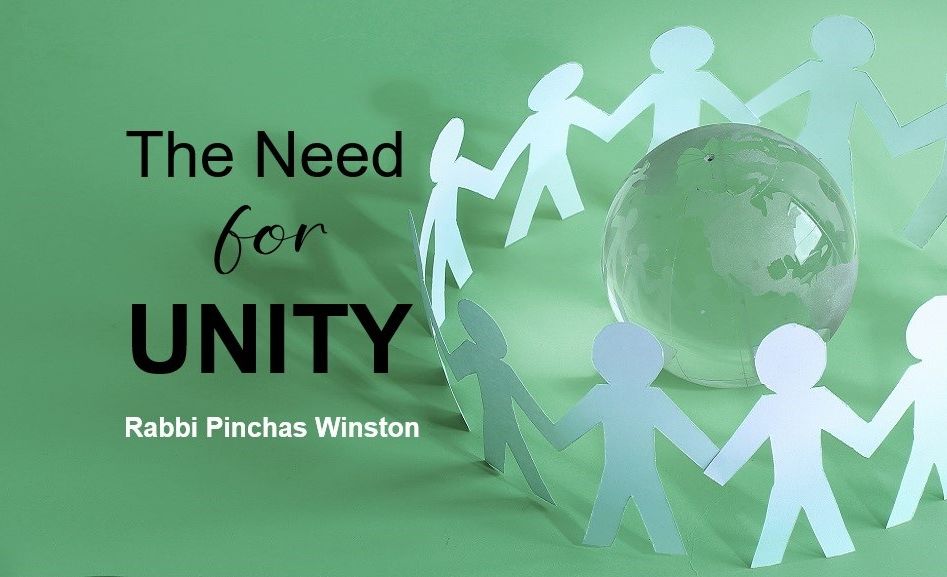
Va’eira: Reality Check
When it comes to belief in Tanach, there are three groups of people, each group seeing it's own version of reality.

ב וַיְדַבֵּ֥ר אֱלֹהִ֖ים אֶל־משֶׁ֑ה וַיֹּ֥אמֶר אֵלָ֖יו אֲנִ֥י יְהֹוָֽה:
G-d spoke to Moshe and said to him: I am Hashem… (Shemot 6:2)
This seemingly simple statement says everything, two Hebrew words (Ani Hashem) that literally say it all. For those who have forgotten, last week’s parshah ended with Moshe’s question to G-d (paraphrasing a bit …):
“You call this redemption?! Since I went to Pharaoh, the suffering of the Jewish people has increased, not decreased!”
To which, G-d retorted,
“Now you will see what I will do! You want to see redemption? You will see redemption, and then you will regret that you ever questioned My actions, for (thus begins this week’s parshah), I AM HASHEM!”
What did G-d mean by this statement? Why did G-d chastise Moshe by invoking His holy four-letter Name? The same thing He as always meant by this statement, namely: Beware, “Capital R Reality” is about to come head on with “Small r reality,” and the result is going to be the elevation of good, and the destruction of evil! Biblical Reality is about to overtake man’s everyday reality, with very, VERY dramatic results.
Let me explain what I mean.
When it comes to belief in Tanach (Torah, Prophets, and Writings), there are basically three groups (with some shades of gray in-between). One group believes that the events of the Torah never occurred, that it is a mythical collection of writings with no real basis in reality. “No Torah, no G-d, no Objective Truth,” is this group’s motto, and therefore, they feel free to guide history as they feel fit.
A second group believes (somewhat) that the Tanach is about real events that once occurred, more or less. Its wisdom is appropriate for all generations, but not without some kind of tweaking to bring Biblical-thinking in line with modern-day thinking. The Torah, this group holds, must stay “with it” — “it” being wherever society is going at any given moment in history.
The third group, it seems, is biding its time, and often appears in the eyes of the Western World as social misfits. They don’t seem anxious to integrate completely into Western Society. True, they may become involved in everyday life and “play the game” to some degree, but, something about this group gives one the impression that it believes more in Biblical times than current ones.
The difference between each group is like the difference between night and day. The first group only knows “Small r reality” — their own personalized version of life — and never look back. Life is for living, they preach, and living is for maximizing pleasure in this world, because, they believe (and hope they’re not wrong) that there’s nothing worthwhile coming up after it!
The second group walks with each foot in a different world. While struggling to maintain a firm and beneficial position in This World, they also try to remain connected to a higher and more spiritual plane. It is a tiring act, and one that comes with plenty of compromises; so many, in fact, that one from this group often loses clarity about what is compromise and what is truly the honest path to follow. “Small r reality” is strong here as well.
The third group struggles to remain clear about “Capital R Reality” — G-d’s reality. They know that we are only “passing through” This World, and only become involved in “it” up until the point that their clarity of G-d’s reality becomes weakened, and that they stand to lose their spiritual footing. These are called the “G-d-fearing” of society.
All three groups can prosper in everyday life — until G-d has had enough. The goal is for all of mankind to see reality as G-d sees it, and to live consistent with that vision. Creation is only worth it to G-d when mankind is fulfilling its reason to exist, which means fulfilling man’s reason to exist. Otherwise, G-d steps into history and “rectifies” history — that is, He does something dramatic, something very dramatic, to bring man’s thinking in line with His own.
That is all implied in the words, “I AM HASHEM” that G-d used with Moshe Rabbeinu. The name of G-d, “Hashem,” is another name for G-d’s vision of reality, and invoking it here with Moshe was another way of revealing to him what was coming up, as if to say,
“Moshe, you are complaining only because you look at the world through the eyes of your own personal, subjective reality. However, this is HASHEM working here — “Capital R Reality” about to overtake everyone else’s “Small r reality.” And when it does, watch out! The result is going to be a freed Jewish nation, and a decimated Egyptian oppressor.
And, to quote the Talmud: So will it be the case in the days of Mashiach as well (Sanhedrin 111a).










